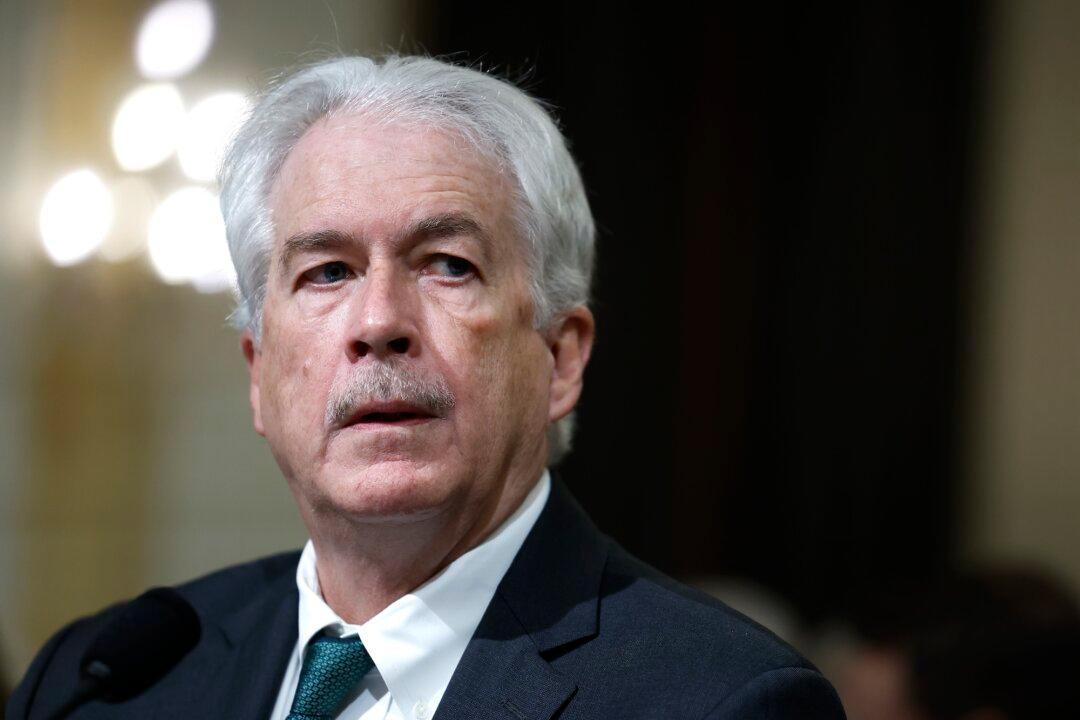Ukraine’s recent offensive in Russia’s Kursk region has disrupted Russian President Vladimir Putin’s war narrative, raising doubts among Russia’s elites about the trajectory of the conflict, according to top U.S. and UK intelligence officials.
CIA Director Bill Burns and MI6 Chief Richard Moore, speaking in a rare joint appearance at the Financial Times‘ Weekend Festival in London on Sept. 7, described the Kursk offensive as a pivotal event prompting Russia’s leadership to reconsider its assumptions about the war, which has now dragged on for more than two and a half years.





